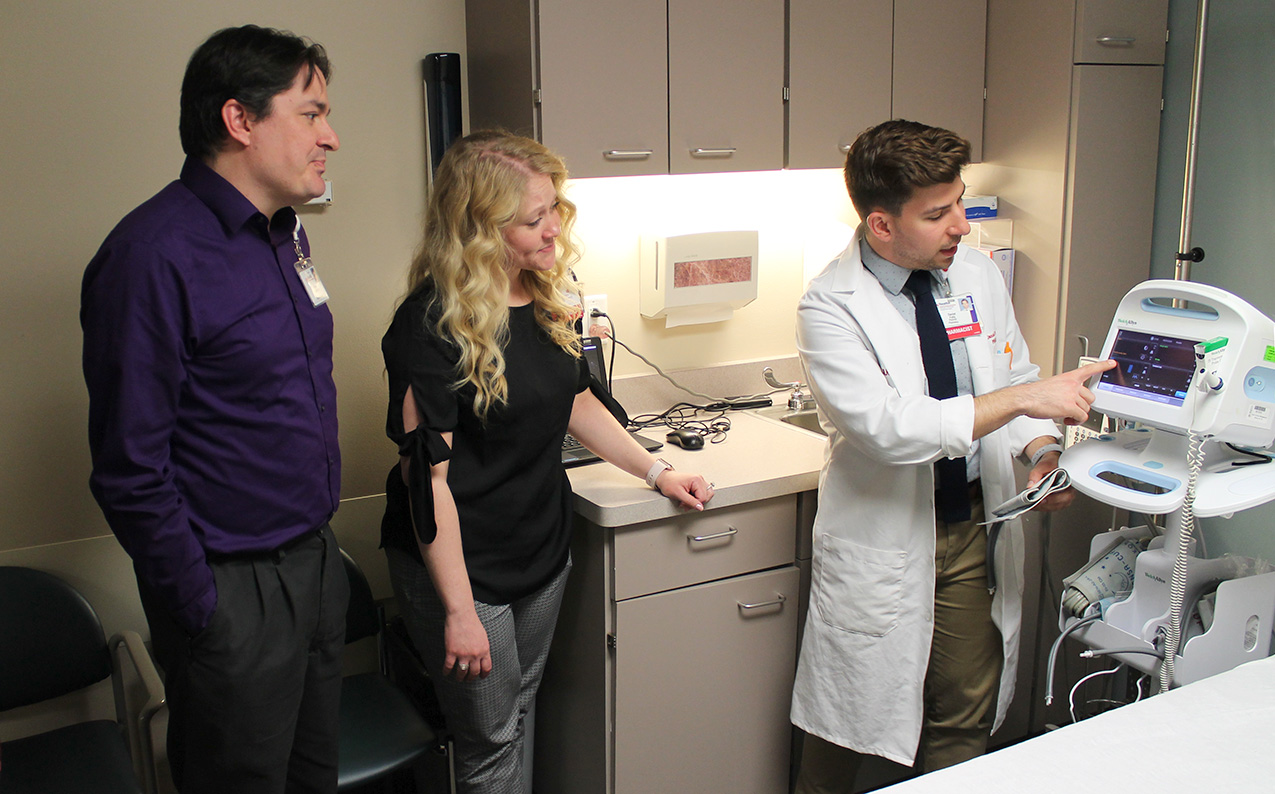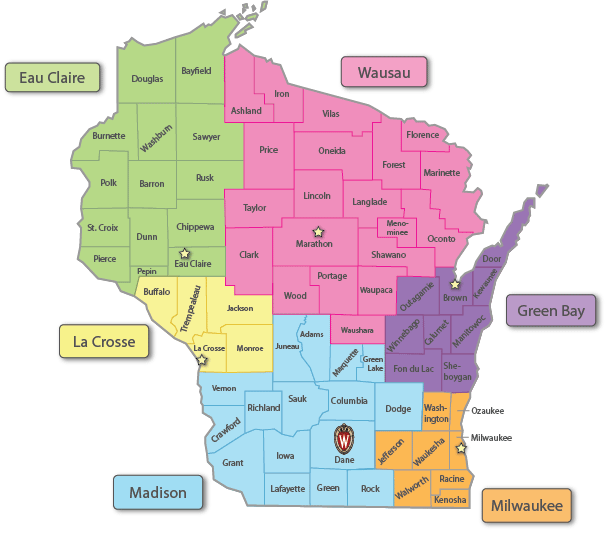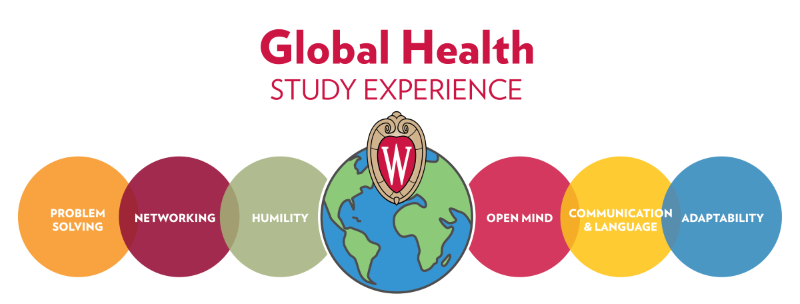
Hands-on Clinical Training
The Experiential Education Program is the practical component of the Doctor of Pharmacy (PharmD) curriculum, also known as clerkships or rotations. Students apply knowledge and gain skills in real pharmacy settings where they can care for patients and work alongside licensed healthcare professionals under the supervision of a pharmacist preceptor.
The required hours are broken into two categories of pharmacy practice: introductory experiences (IPPEs) and advanced experiences (APPEs). These experiences help our students explore different pharmacy career paths and health care settings while growing into industry-leading professionals and leaders over the course of their time at UW–Madison.
Introductory Pharmacy Practice Experiences (IPPEs)
During Introductory Pharmacy Practice Experiences (IPPEs) students observe professionals, complete guided activities, reflect on what they’ve seen, and participate in pharmacist roles in a variety of pharmacy settings.
PharmD students complete IPPEs during their first, second, and third years of the curriculum. Students may complete IPPE hours during summer or winter breaks, or during the academic year, depending on the year.
Students will have opportunities to apply what they are learning in the classroom to patient care across various practice settings.
Year One Students (DPH-1):
- Engage with pharmacists in the community-based pharmacy setting
- Promote the public health role of the pharmacist during pharmacy-based community outreach activities
- Care for their community through partnership with local older adults for a longitudinal intergenerational learning experience
- Work as a team with their older adult partner to enhance their communication and collaboration skills while promoting successful aging
Year Two Students (DPH-2):
- Engage with pharmacists in the institutional (hospital)
- Develop an understanding of the pharmacist’s role on the healthcare team and the complexities involved in interprofessional communication
- Discuss healthcare disparities and the impact of biases on patient care provided
- Explore a specialty practice area through completion of an elective rotation
Year Three Students (DPH-3):
- Actively provide care for patients under the supervision of pharmacist preceptors in the community and institutional setting and an elective site in a specialty practice area of their choice
- Critically review complex medication regimens to identify and resolve potential medication-related problems
- Engage with interprofessional teams to optimize patient care
- Educate patients and caregivers on prescription, nonprescription, and other nonpharmacologic interventions to improve health
Our students complete IPPEs at sites across the state of Wisconsin (see map above). PharmD students must complete a total of 300 IPPE hours during the first three years of the PharmD program.
Advanced Pharmacy Practice Experiences (APPEs)
APPEs are full-time experiences where students in their fourth year learn and practice the role of a pharmacist under the supervision of a pharmacist preceptor.
APPEs are completed in the fourth year, beginning in late May and continuing full-time for a calendar year. They may be completed in six different regions in Wisconsin (see map above) or at sites around the world. Students will complete 7 to 8, 6-week experiences.
-
Actively Provide care for patientsUnder the supervision of the pharmacist preceptor, students continue to build on skills learned in introductory experiences to manage patient care. Students complete two rotations in a hospital setting, one rotation in a community pharmacy setting, one rotation in an ambulatory care setting, and 3 to 4 rotations of the student’s choice in variety of settings.
-
Assess medication systemsStudents review medication systems and make recommendations to optimize the safety and efficacy of medication use in pharmacy settings. Students complete one rotation in a hospital and one rotation in a community pharmacy setting focusing on medication systems management.
-
Teach health and wellnessStudent pharmacists work to ensure patients attain healthy lifestyles. Students administer immunizations, perform tobacco cessation counseling, and provide nutrition and physical activity education and support.
-
Engage with patients and providersStudents collaborate with the interprofessional health care team in patient care decision-making to provide optimal drug therapy. Students learn critical team-based interaction skills including team dynamics, conflict resolution, and respect for other members of the team.
-
Practice professionalismAs they transition from student pharmacists to professional pharmacists, PharmD students demonstrate professionalism in their attitudes and behaviors consistent with a respected member of the pharmacy profession.
-
Explore pharmacy practice optionsPharmD students select up to four elective rotations that range from pediatrics, geriatrics, transplant, infectious disease pharmacy practice to non-patient care settings such as research, teaching, state organizations and the FDA. Students may also select from international rotations, depending on availability, in different countries — Belize, China, England, Oman, South Africa, Spain, and Thailand.
-
Other opportunities for Year 4 studentsStudents can participate in a residency track APPE to prepare for post-graduate training, take part in global/public health focus rotations or participate in specialized rotations to complete a Scholars in Pharmacy program such as Antimicrobial Stewardship, Rural Health, or Operations and Technology Management.
Pharmacy Practice Regions

Both Introductory and Advanced Pharmacy Practice Experiences are available in six regions in the state of Wisconsin. The star represents the rotation center in each region.
Global Experiences & International Rotations
Second-year students can go on an international service trip or take special summer field courses abroad. Fourth-year students can complete an APPE clerkship in one of seven countries.
Questions about our program?
Check our FAQ page for detailed answers to common questions.
